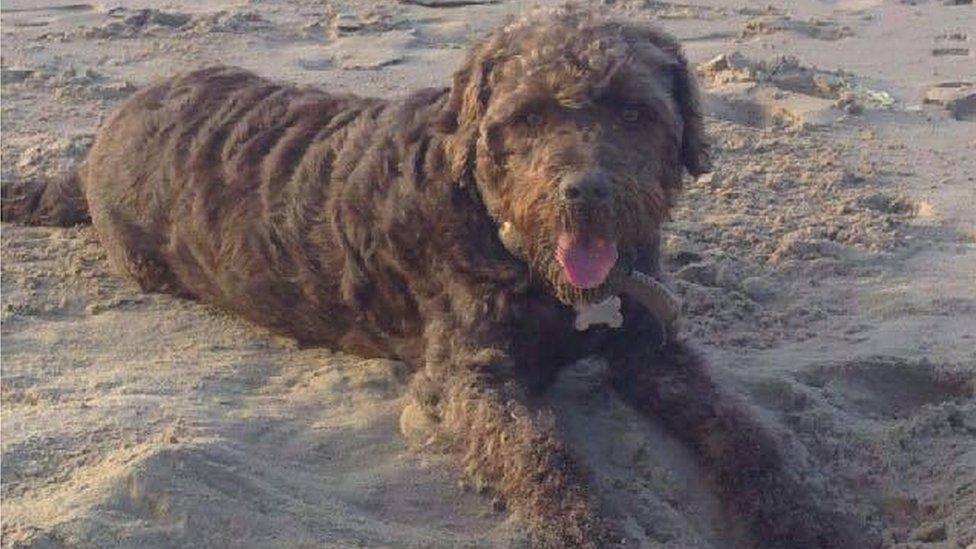Swindon dog gets surgery after swallowing more than 130 coins
- Published
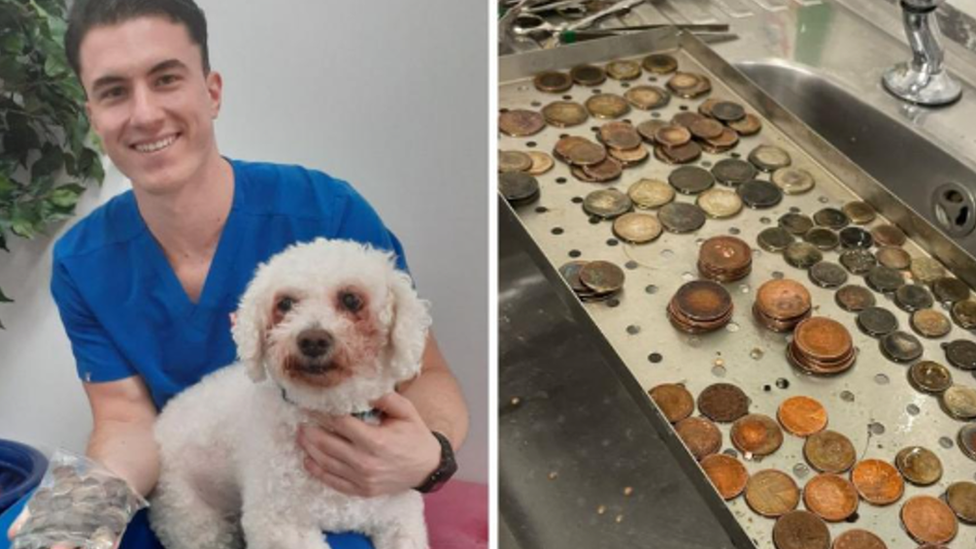
Vet Matheus Nerone found 133 coins, worth more than £18, while performing surgery on Charlie the dog
A vet has said he felt 'bewildered' after discovering a dog had eaten 133 coins, worth more than £18.
Charlie the Bichon Frizé was taken to Thameswood Vets in Swindon by his concerned owners when he became ill.
An ultrasound showed an obstruction in the dog's stomach, which was thought to be plastic, but surgery revealed he had swallowed the huge amount of coins.
"It was a surprise for everybody," said vet Matheus Nerone, who carried out the surgery.
It was only during his operation that the haul of coins, which added up to £18 and 20 pence, were found.
"We opened his stomach and found 133 coins inside him," Mr Nerone explained.
"We did find some pieces of plastic there as well - but the owners had no idea that he had eaten the coins."
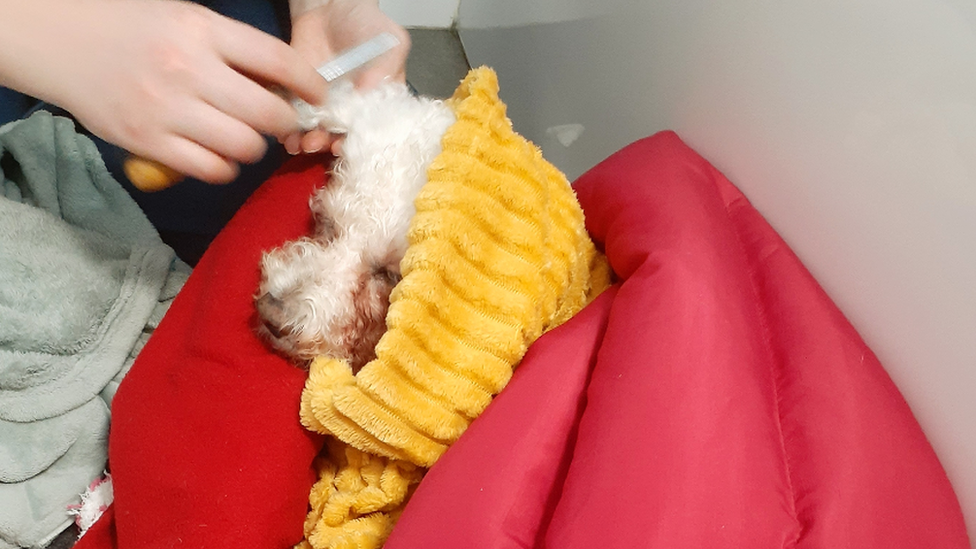
Charlie the dog became ill after swallowing dozens of coins
Mr Nerone said it was a mystery as to how the dog had managed to ingest so many.
"I don't think they had been there that long - maybe the night or two nights before he came in - because of the size of the obstruction in there.
"He felt sick so if he had eaten those coins a few days ago, he would have been sick before then."
Despite the unusual nature of Charlie's snack, the vet said it was not uncommon for dogs to take a fancy to loose change.
"It does happen but usually they stop after having a couple of them [coins] - but 133 coins is an impressive amount!"
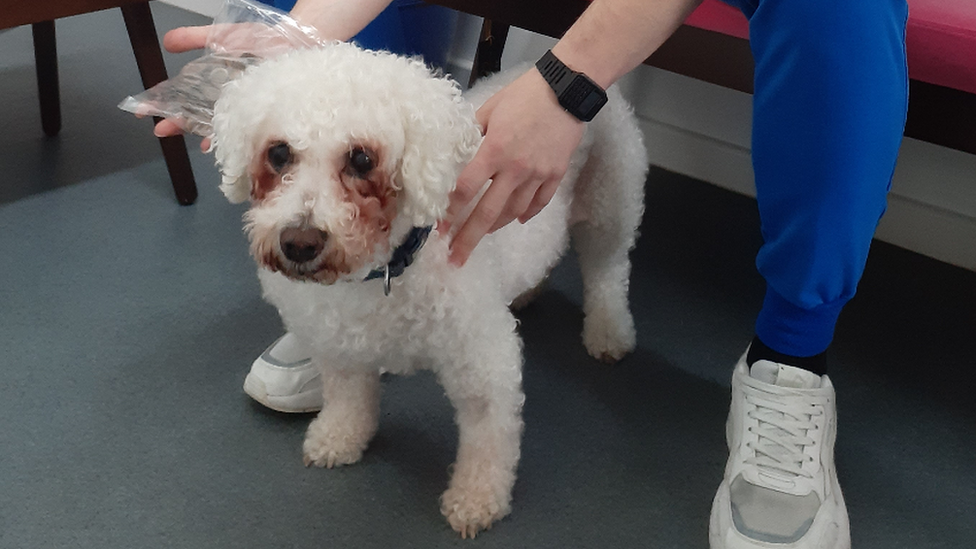
Charlie has made a full recovery after his unusual meal
Charlie is now making a good recovery from his experience but the coins could have caused more serious harm if they had remained undetected.
"Many coins contain zinc which can be poisonous and lead to vomiting, diarrhoea and a lack of appetite," Mr Nerone said.
"We are monitoring his blood, but we are hopeful that everything's going to be fine."

Follow BBC Wiltshire on Facebook, external, X, external and Instagram, external. Send your story ideas to us on email, external or via WhatsApp on 0800 313 4630, external.
- Published4 January 2024
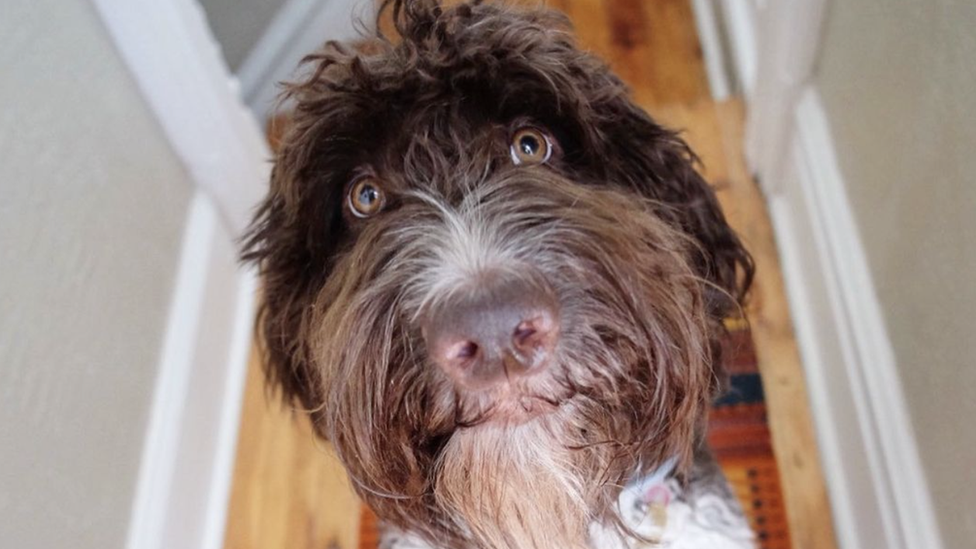
- Published30 April 2019
